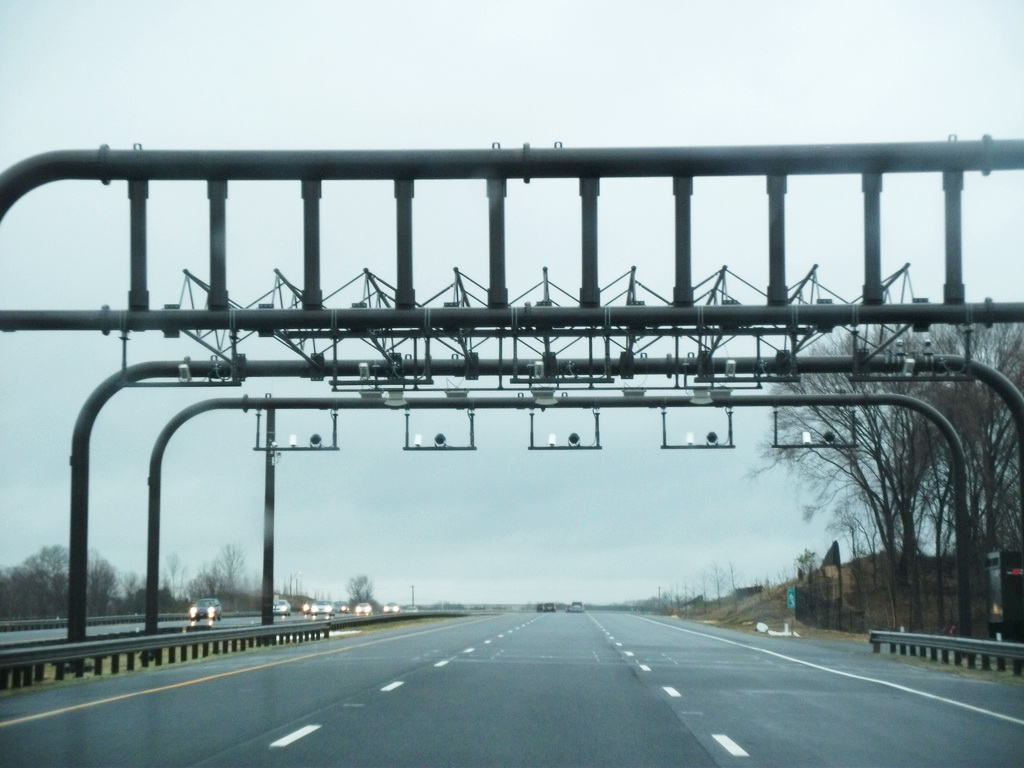By Barry Rascovar
For MarylandReporter.com
Baltimore City has a white elephant on its hands, a $301 million, deep-in-debt convention hotel it owns because of the folly of its former mayor, Martin O’Malley.
Back when the city was desperately trying to boost its sagging convention business, then-Mayor O’Malley and his economic development team insisted the answer was a convention hotel directly linked to the meeting facility.
He was right, but his method for getting the Hilton Baltimore built has put his City Hall successors in a frightful financial bind that will only worsen with time.
The Lure of the Buck
O’Malley and his inner circle got sucked into the misguided belief that Baltimore could reap a badly needed bonanza by owning the convention hotel itself.
They fell for the preposterous estimate by one developer group that the city could earn a profit of $300 million over 30 years by owning the hotel, and that Baltimore then could sell the facility for $400 million more. It was buncombe, as H.L. Mencken might say.
Anyone with a whiff of skepticism could smell the hype and spot the puffery of such an outlandish prediction. Yet it left the then-mayor salivating for a big payoff for his struggling city.
It was a high-risk gamble that required extensive deal-making with doubting City Council members to gain approval on a 9-6 vote. And then things fell apart.
What Went Wrong?
The Great Recession wiped out all those rosy forecasts for the convention hotel. This was predictable.
A convention expert from Texas pointed out that cities too often fall into the trap of believing a headquarters hotel will simultaneously increase convention center business and generate enough revenue to pay off bonds. It rarely works that way.
Pie-in-the-sky economic projections for convention hotels fail to take one pivotal factor into account, he said – the virtual certainty of a sharp economic downturn once or twice a decade that devastates hotel business.
Red Ink Every Year
Hilton Baltimore lost $17 million in its first, partial year during the Great Recession. It lost in the vicinity of $11 million in each of the last two years as the economy continued to struggle.
All told, the hotel’s losses top $50 million.
The city will owe $18.5 million on the Hilton Baltimore’s debt next year and $28 million by 2039. The hotel’s revenue last year, before expenses, was only $17.4 million.
And if Baltimore decided to get out of the hotel-ownership business, a consultant says it would lose as much a $90 million in a sale.
Thank you, Martin O’Malley.
Was There Another Choice?
Early in the convention hotel discussion, O’Malley said, “We want to do this with as little exposure as possible for the citizens of Baltimore.”
Indeed, there were other options besides city ownership.
One of the three bidders, the prestigious Portman architectural group from Atlanta, offered three different alternatives, including private financing.
But the lure of a giant windfall for Baltimore proved too powerful.
O’Malley should have listened to one of the wisest voices on the City Council, the veteran urban booster, Mary Pat Clarke, whose husband is a developer.
“Should we really be in the hotel business?” Clarke wanted to know. “Let [private investors] take the risk.”
Another insightful councilman (now a state delegate), Keiffer Mitchell Jr., noted:
“The city should not be in the business of owning a hotel. We have a hard enough time trying to manage our housing stock and our school system. This is one more headache we don’t need.”
Baltimore’s Dilemma
In a premonition of what was to come, Clarke worried that once the hotel starts losing money, “we would really be cutting into revenues the city expects to use for other uses.”
So now Baltimore is stuck with an antiseptic, view-blocking albatross of a convention hotel that diverts millions in city tax revenue away from schools, housing and neighborhood services.
But the individual primarily responsible for this debacle is nowhere in sight. He lives in Annapolis, across from the State House, and spends his days campaigning for national office.
Baltimore’s on-going convention hotel mess is no longer on his agenda.









The Purple Line and the P3 “partnership” is replicating this lack of financial accountability. The P3 plan robs transit revenue to dump into the PL hole. Then MD Taxpayers pay all construction and operation overruns without any accountability from the “partner”. Average capital transportation project overrun is 40% – see Dulles Silver Line – that puts MD Taxpayers on the hook for up to $1 Billion…over the gas tax.
This doesn’t surprise me, since the Purple *Lie* has been advanced based on a succession of myths.
* The Purple line is NOT a part of Metro despite the name and it’s inclusion in the metro maps the MTA keeps tossing about
* The Purple line will not ease traffic congestion, the FEIS even says so (buried in an appendix)
* If you add in the extra traffic caused by development allowed because of the Purple Line it will make traffic much worse
* The original ridership study showed that it would not take cars off the road only people off of buses, so MTA did another study
* Current costs for the Purple Line do not preserve the Capital Crescent Trail, it does not pay for it’s reconstruction
Oh he gave about that much away to build the other East Baltimore Hotel and he knew it. Balt City gave away taxes for 20-30 yrs on those hotels. And O’Malley told me to my face, “I don’t care”, when I confronted him back then. So I will be the developer did some kickbacks to him and his for the city to take the cost and buy out the developer.